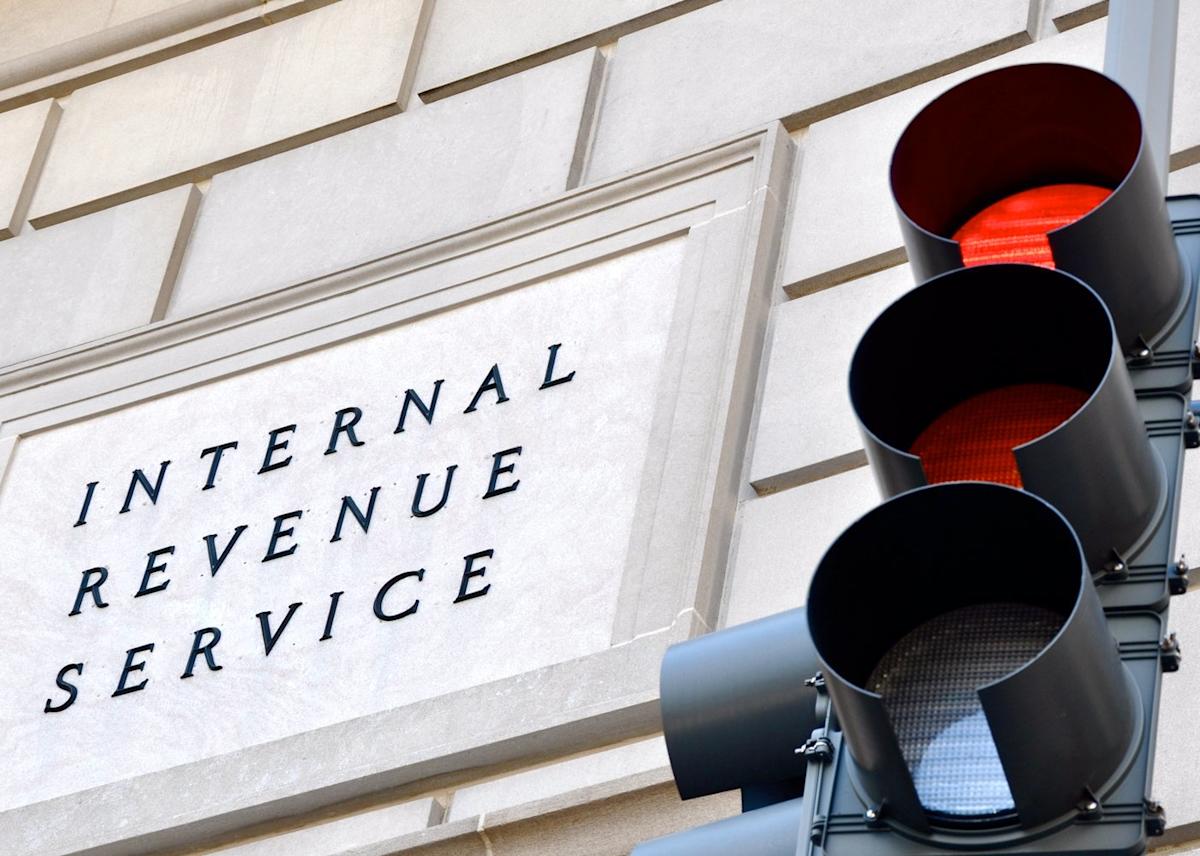People (ideally) spend decades preparing for retirement, whether it’s paying into the Social Security system, stashing money and investing in various retirement accounts, or earning a pension. It may sometimes seem like a tedious task, but it’s well worth the effort when the fruits of your labor pay off when you enter your golden years with a nice nest egg.
There’s no doubt that being financially prepared for retirement is one of the surest ways to avoid stress in those years. However, just like in your working years, the chances are still high of you having to deal with the IRS. Federal tax rules will continue to apply to everyone, but luckily, some retirees in certain states may be exempt from many of these taxes.
Image source: Getty Images.
The following states do not tax some forms of retirement income, including Social Security, 401(k)/IRA withdrawals, and pensions. Some states exempt all, while others exempt a portion:
Arkansas: Up to $6,000 is exempt annually from IRA distributions (as long as you’re 59 1/2 years old) and pension plans.
Illinois: All retirement income is exempt, including Social Security, retirement account withdrawals, and pensions.
Iowa: Social Security benefits are exempt. After age 55, distributions from retirement accounts and pensions are also exempt.
Mississippi: All retirement income is exempt, including Social Security, retirement account withdrawals, and pensions. Early withdrawals are not exempt from state taxes.
New Hampshire: Social Security benefits and pension income are exempt. Interest or dividends paid through a retirement account (like a traditional IRA) are not exempt, but that’s being phased out this year.
Pennsylvania: All retirement income is exempt, including Social Security, retirement account withdrawals, and pensions.
South Carolina: Social Security benefits are exempt. For retirement accounts and pensions, up to a certain amount is tax-deductible. If you’re younger than 65, up to $3,000 of retirement income is deductible; if you’re 65 and older, up to $10,000 is tax-deductible.
In most cases, the distributions you receive from Social Security and retirement accounts are taxed like your regular income. That means living in a state with no income taxes also means not having to pay taxes on these withdrawals. As it stands, nine states do not have state income taxes:
Story Continues
